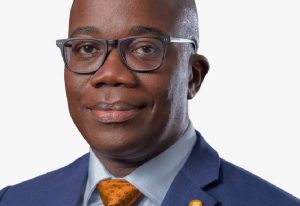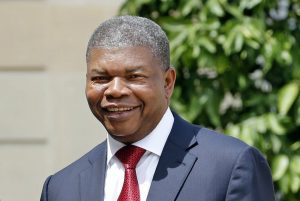The statement made by the Inspector General of Police (IGP), Dr. George Akuffo Dampare, regarding the handling of fake news by law enforcement raises questions about the balance between freedom of expression and the need for national security. His remarks outline a stance that the police will only intervene in matters of misinformation when it endangers state security or creates confusion—prioritizing a careful assessment of the implications of information over a blanket approach to censorship.
On one hand, Dr. Dampare’s assertion that the police do not “just” arrest anyone for producing or sharing fake news seeks to reassure the public about the fundamental rights to free speech and press. However, the concern lies in the broad interpretation of what constitutes “national security implications.” The lack of a clear definition may lead to arbitrary enforcement of the law, potentially silencing dissenting voices under the guise of maintaining order. This raises ethical concerns about the potential misuse of power and the chilling effect it could have on journalists and ordinary citizens, who might self-censor out of fear of repercussions for sharing certain information.
Moreover, the IGP’s call for collaboration in the fight against misinformation touches on an important aspect of modern media—requiring a communal responsibility to discern the truth and to challenge false narratives. While this is an admirable sentiment, it places the onus of responsibility not just on media institutions but on every individual. The challenge here lies in varying levels of media literacy among the populace. Without robust educational initiatives aimed at enhancing critical thinking and analytical skills when it comes to media consumption, the call for vigilance may be futile, if not dangerous. People may lack the tools necessary to effectively distinguish between credible sources and misinformation, thus unintentionally perpetuating falsehoods.
Mr. Gayheart Mensah’s perspective brings to light a crucial distinction: the existing frameworks for addressing misinformation, such as the National Media Commission (NMC), should ideally play a role in mediating conflicts associated with fake news. His emphasis on “processes and structures” highlights a preference for accountability and transparency, as opposed to the disruptive approach of law enforcement directly engaging with media personnel. This feedback loop is necessary to bolster a healthy media environment where grievances can be addressed rather than resolved in a punitive manner.
The larger conversation emerging from this discourse is about the role of institutions—both governmental and media—in establishing a democratic society where free speech can exist alongside responsible journalism. There is an urgent need for dialogue about the development of clear legal frameworks that not only protect national security but also uphold the essential liberties of speech and expression.
Furthermore, Dr. Dampare’s comments serve as a reminder of a necessary cultural shift in how misinformation is viewed—not merely as a media issue but as a collective societal problem. This necessitates not only media organizations adapting their gatekeeping roles but also citizens engaging in conscientious information sharing.
In essence, the interrogation of the IGP’s statement unveils the complex interplay between security and freedom, the responsibilities of media and individuals, and the urgent need for a cohesive approach to combat misinformation without compromising democratic values. A path forward demands collaboration, transparency, and a shared commitment to truth, accountability, and the safeguarding of civil liberties.
Godwin Owusu Frimpong




